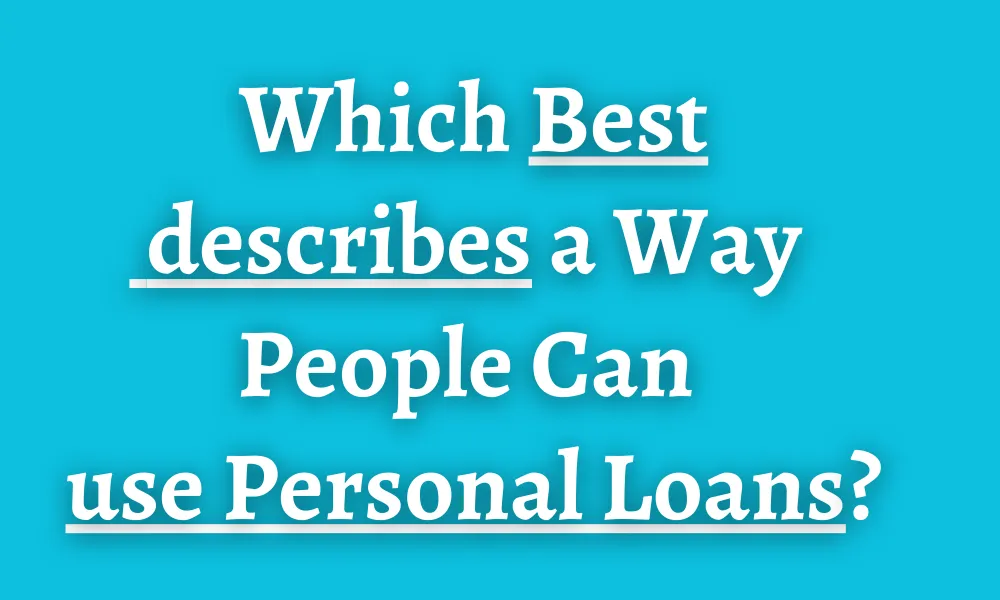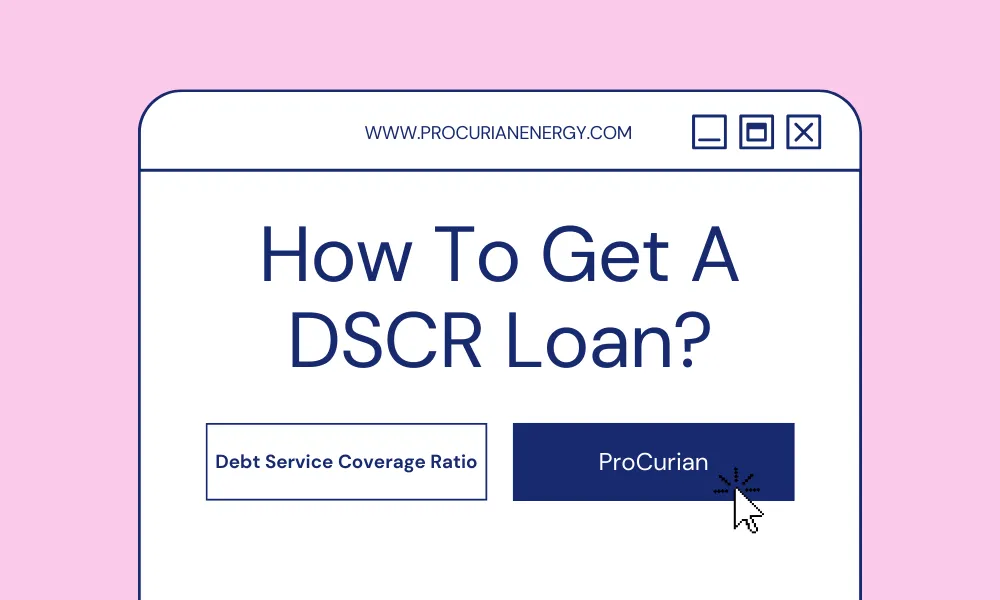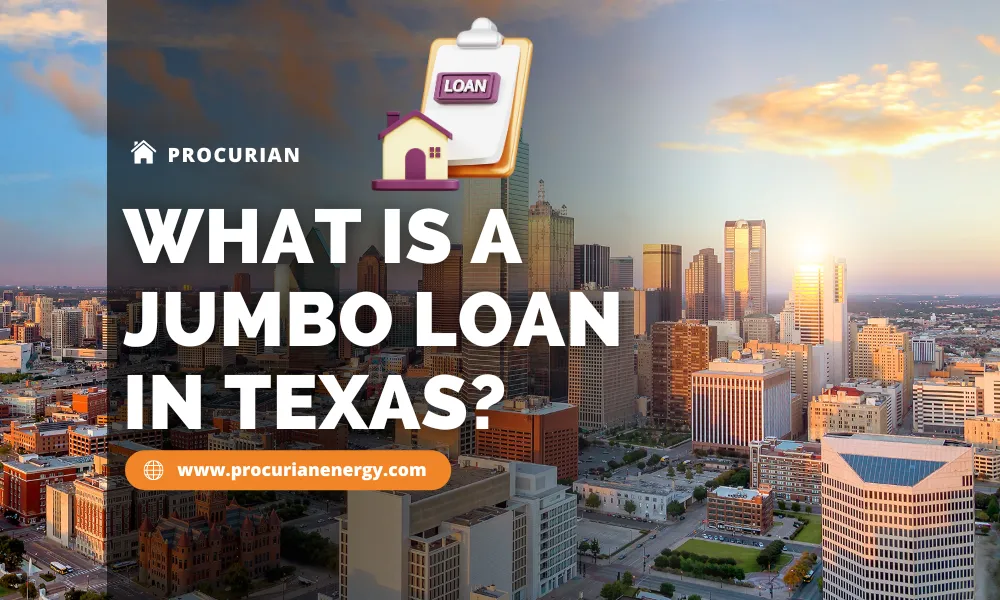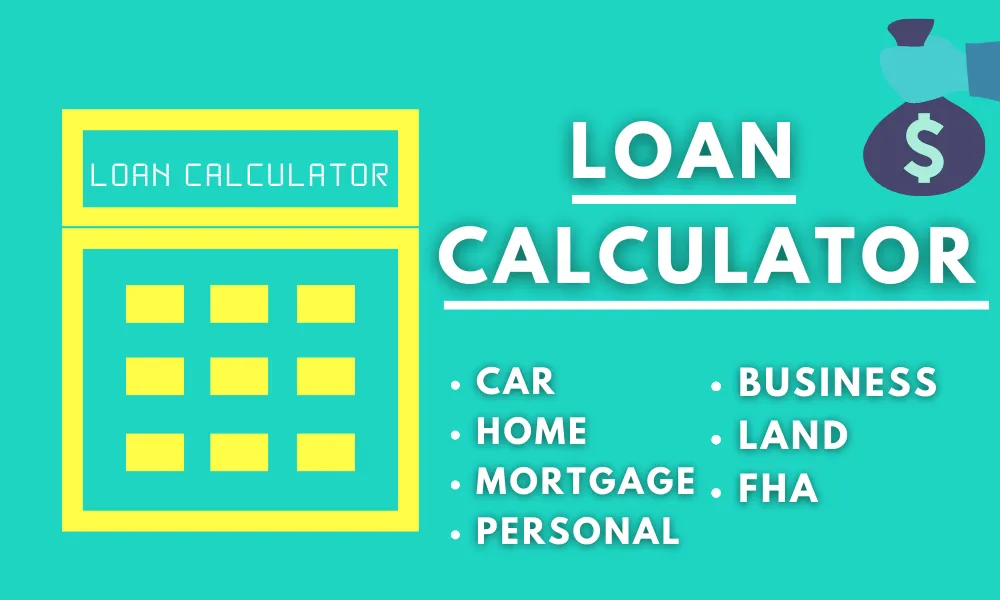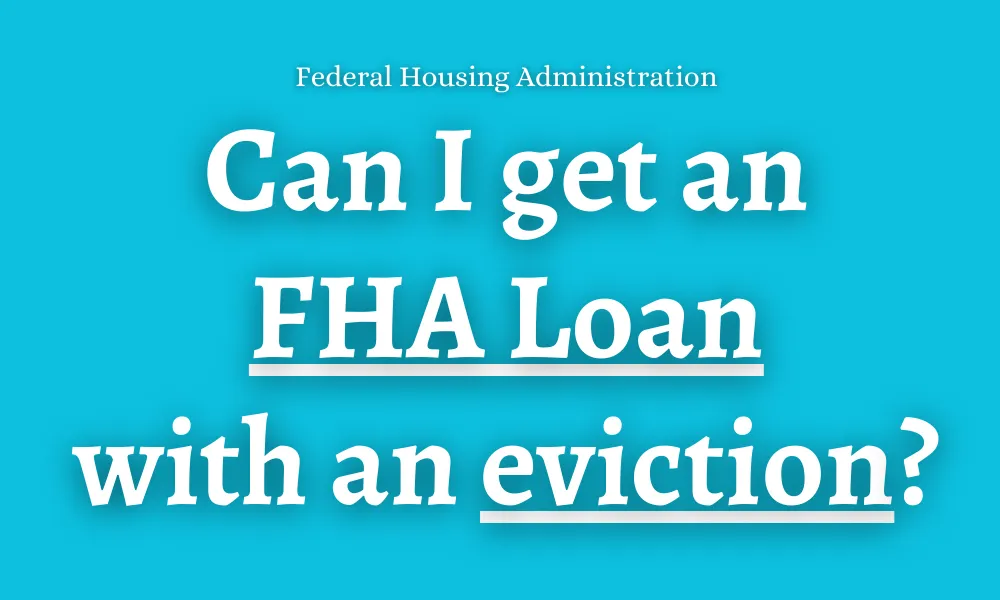The process of purchasing a property involves several closing charges.
They are the charges and costs related to completing a real estate deal and handing over ownership of a property from the seller to the buyer.
Closing expenses normally range from 2% to 5% of the entire loan amount, however they can vary based on a number of variables, including location and property price.
It’s crucial for you to be aware of your financing alternatives as a prospective purchaser.
This blog post will review several loan choices accessible to homebuyers and examine if you can get a loan for closisng costs.
What are Closing Costs?
Closing costs cover a wide range of expenses that are incurred during the closing process.
Included in these costs are:
- loan origination fees,
- inspection and appraisal fees,
- title insurance and recording fees,
- attorney fees and pre-paid costs like homeowner’s insurance and property taxes.
It’s crucial to understand that closing fees are different from the needed down payment for a house purchase.
Estimating the average closing costs based on your location and the price of the home can give you a clearer idea of the amount you need to budget for this expense.
On average, closing costs can range from 2% to 5% of the total loan amount.
For example, if you’re purchasing a $300,000 home and your closing costs are estimated to be 3%, you should anticipate paying around $9,000 in closing costs.
Traditional Financing Options for Closing Costs
Before considering loans specifically designed for closing costs, it’s worth exploring traditional financing options that can help alleviate some of these expenses.
Down payment assistance programs that are available through government agencies or nonprofit organizations can provide financial aid to eligible homebuyers, potentially reducing the amount of money needed for closing costs.
Seller concessions are another option, where the seller agrees to contribute a portion of the closing costs as part of the negotiation process.
Lender credits can also be negotiated, where the lender offers to cover some of the closing costs in exchange for a higher interest rate on the loan.
Best Loan options for Closing Costs
Some of the best loan options available for closing costs are:
1) Conventional Loan – A conventional loan is not insured or guaranteed by the government. While it typically requires a higher credit score and a larger down payment, you have the flexibility to negotiate with the seller to cover some or all of the closing costs.
2) FHA Loan – The Federal Housing Administration (FHA) offers loans with more flexible credit requirements and lower down payment options. FHA loans allow sellers to contribute up to 6% of the home’s sale price toward closing costs.
3) VA Loan – If you are a qualified veteran, active-duty service member or eligible surviving spouse, you may be eligible for a VA loan. These loans are guaranteed by the Department of Veterans Affairs and often have more favorable terms. VA loans limit the amount borrowers can be charged for closing costs, and sellers can contribute to cover all costs.
4) USDA Loan – The United States Department of Agriculture (USDA) provides loans for rural homebuyers with low to moderate incomes. USDA loans offer low or no down payment options and allow sellers to contribute up to 6% of the home’s sale price toward closing costs.
5) State and Local Programs – Many states and localities offer homebuyer assistance programs that provide down payment and closing cost assistance. These programs may have specific eligibility requirements, income limits and other criteria, so it’s worth researching what programs are available in your area.
6) Seller Concessions – In some cases, you may negotiate with the seller to contribute towards your closing costs. This can be done by increasing the purchase price of the home and having the seller provide a credit at closing to cover the costs.
How do you get around closing costs?
To minimize or avoid closing costs when purchasing a property, there are a few strategies you can consider.
Firstly, negotiate with the seller to cover some or all of the closing costs as part of the purchase agreement.
Another option is to explore mortgage programs or lenders that offer incentives or discounts on closing costs.
Lastly, you can opt for a no-closing-cost mortgage, where the lender rolls the closing costs into the overall loan amount or charges a slightly higher interest rate.
Can you use a personal loan to close on a house?
Yes, it is possible to use a personal loan to close on a house but it is not a common practice and may have limitations.
Personal loans are typically unsecured, meaning they do not require collateral, and they are often used for various personal expenses.
Using a personal loan for a down payment or to cover closing costs may indicate to lenders that the borrower has insufficient funds, potentially affecting their ability to qualify for a mortgage.
Advantages of Using a Personal Loan for Closing Costs:
- Flexibility
- No collateral required
- Quick approval and disbursement
- Lower interest rates
- No restrictions on usage
- Separation of funds
- Credit building opportunity
- Avoidance of higher-interest options
What is the 3 day closing disclosure rule?
The 3-day closing disclosure rule is a regulation implemented by the Consumer Financial Protection Bureau (CFPB) in the United States.
It requires mortgage lenders to provide borrowers with a Closing Disclosure form at least three business days before the scheduled closing date of a loan.
The purpose of this rule is to ensure that borrowers have sufficient time to review and understand the terms of their mortgage before committing to the loan.
Are closing costs factored into the loan?
Closing costs are typically not factored into the loan itself. Instead, they are separate fees and expenses associated with the mortgage process.
Closing costs can include various items such as appraisal fees, attorney fees, title insurance, loan origination fees and prepaid property taxes.
How soon can I get a personal loan after closing on a house?
You should most likely wait three to six months after a loan has closed before applying for a personal loan.
Applying too soon after closing might also affect your credit score.
Can you shop around for closing costs?
Yes, you can shop around for closing costs.
It’s advisable to obtain estimates from multiple lenders or service providers such as title companies and compare their fees and charges.
This allows you to potentially find more competitive rates and save on closing expenses when finalizing a real estate transaction.
What is the purpose of an escrow?
The purpose of an escrow is to facilitate secure transactions by acting as a neutral third party.
It holds funds or assets in trust until specific conditions are met, providing protection to both the buyer and seller.
Escrow ensures that the agreed-upon terms of a transaction are fulfilled before releasing the funds or assets to the intended recipient.
What is the most expensive part of closing costs?
The most expensive part of closing costs is typically the lender’s origination fee, which is a fee charged by the lender for processing the loan application.
This fee is usually a percentage of the loan amount and can vary depending on the lender and the loan program.
Why does my closing cost keep going up?
Closing costs can increase due to various factors. Some common reasons include:
- changes in loan terms or interest rates.
- property value appraisals exceeding expectations.
- unexpected repairs or inspections.
- additional fees for services such as title searches or insurance.
- adjustments in property taxes or homeowner’s association dues.
Are closing costs negotiable when refinancing?
Yes, closing costs are often negotiable when refinancing a mortgage.
While some closing costs are fixed such as government fees or taxes, others can be negotiated with the lender or other service providers.
Borrowers can shop around for different lenders and compare their closing cost estimates to find the best deal.
How do you negotiate with a lender?
When negotiating with a lender, it’s crucial to be well-prepared.
- Start by researching your financial situation, gathering documentation and understanding your needs.
- Present a clear and compelling case highlighting your repayment ability and the reasons for negotiation.
- Maintain a respectful and cooperative attitude, emphasizing your commitment to fulfilling your obligations.
- Explore options such as adjusting interest rates, extending the repayment period or seeking temporary relief.
- Be open to compromises and actively listen to the lender’s perspective.
- Ultimately, aim for a mutually beneficial agreement that satisfies both parties’ interests.
What parts of closing costs are negotiable and non-negotiable ?
The parts of closing costs that are negotiable include:
- loan origination fee,
- appraisal fee,
- title insurance,
- survey fee,
- certain third-party service charges.
Government-imposed taxes and prepaid items such as property taxes or homeowner’s insurance are generally non-negotiable.
How to get money for closing costs?
To obtain funds for closing costs, there are several options you can explore.
- You can negotiate with the seller to cover a portion of the closing costs.
- You can apply for a closing cost assistance program or grant offered by government agencies, nonprofits or local housing authorities.
- Seek a lender that offers closing cost credits or loans.
- Save money by reducing expenses or increasing your income.
- You may consider borrowing from family or friends
Can you pay closing costs with a credit card?
It is not possible to pay closing costs directly with a credit card.
Mortgage lenders and title companies typically require payment through certified funds such as a cashier’s check or wire transfer.
Credit card payments are usually not accepted for large transactions like closing costs due to the associated fees and potential credit card fraud risks.
How accurate are estimated closing costs?
Estimated closing costs can vary in accuracy. They are typically calculated based on the best available information at the time such as the property’s purchase price, location and loan details.
Property taxes, title insurance, appraisal fees, and legal costs can also impact the final closing costs.
